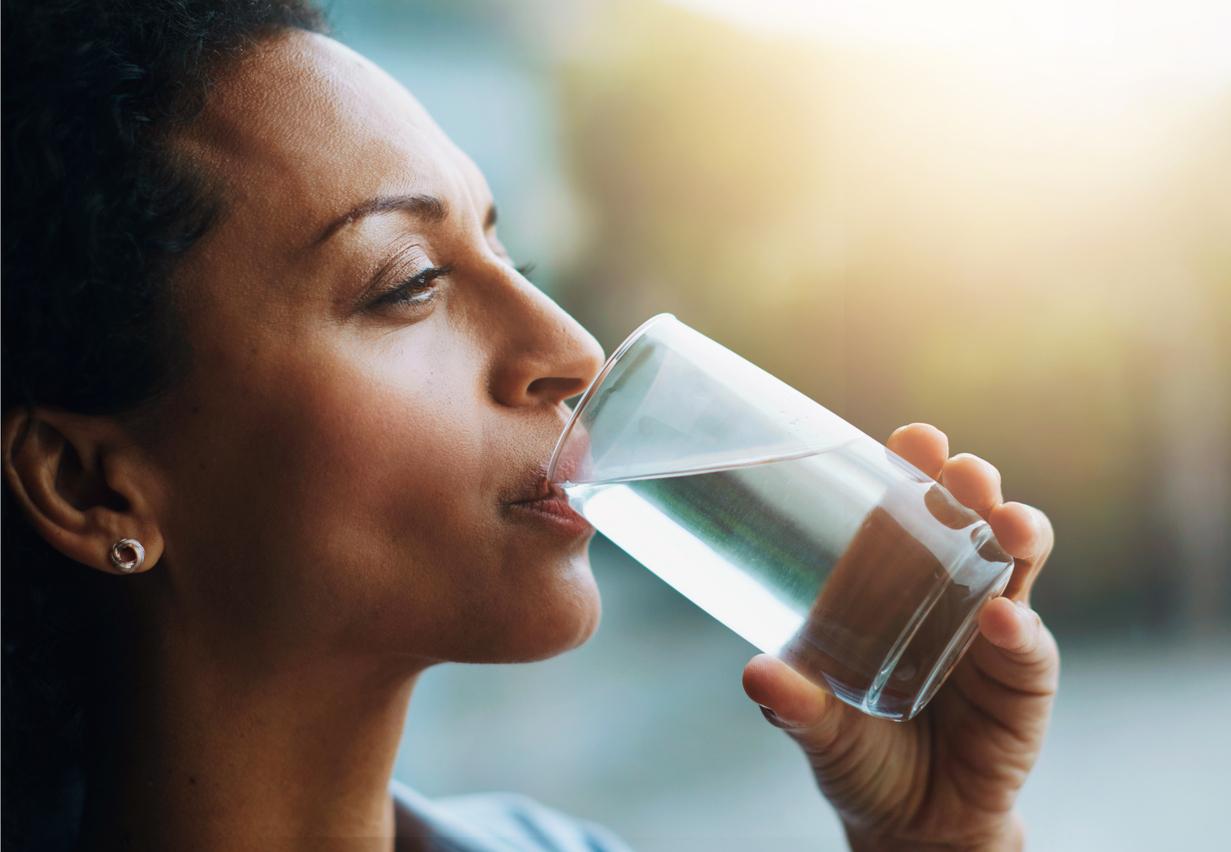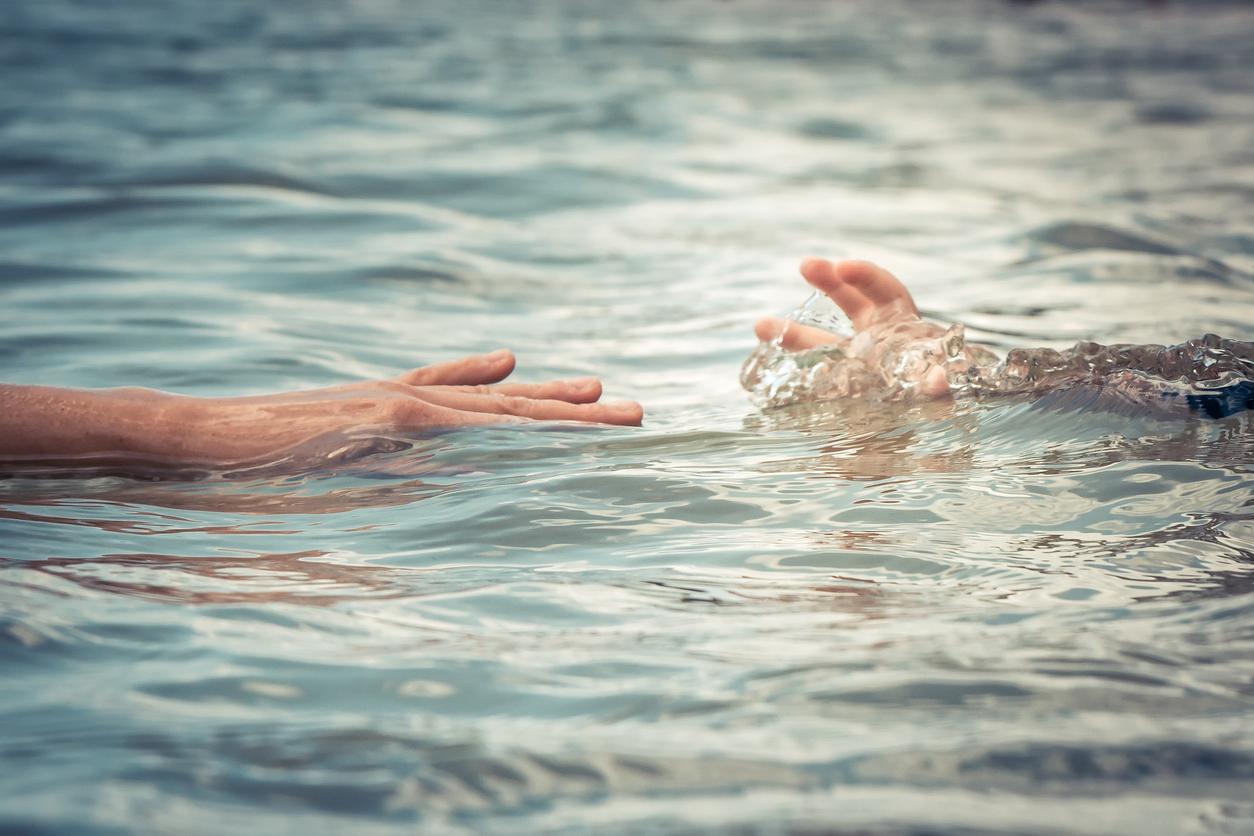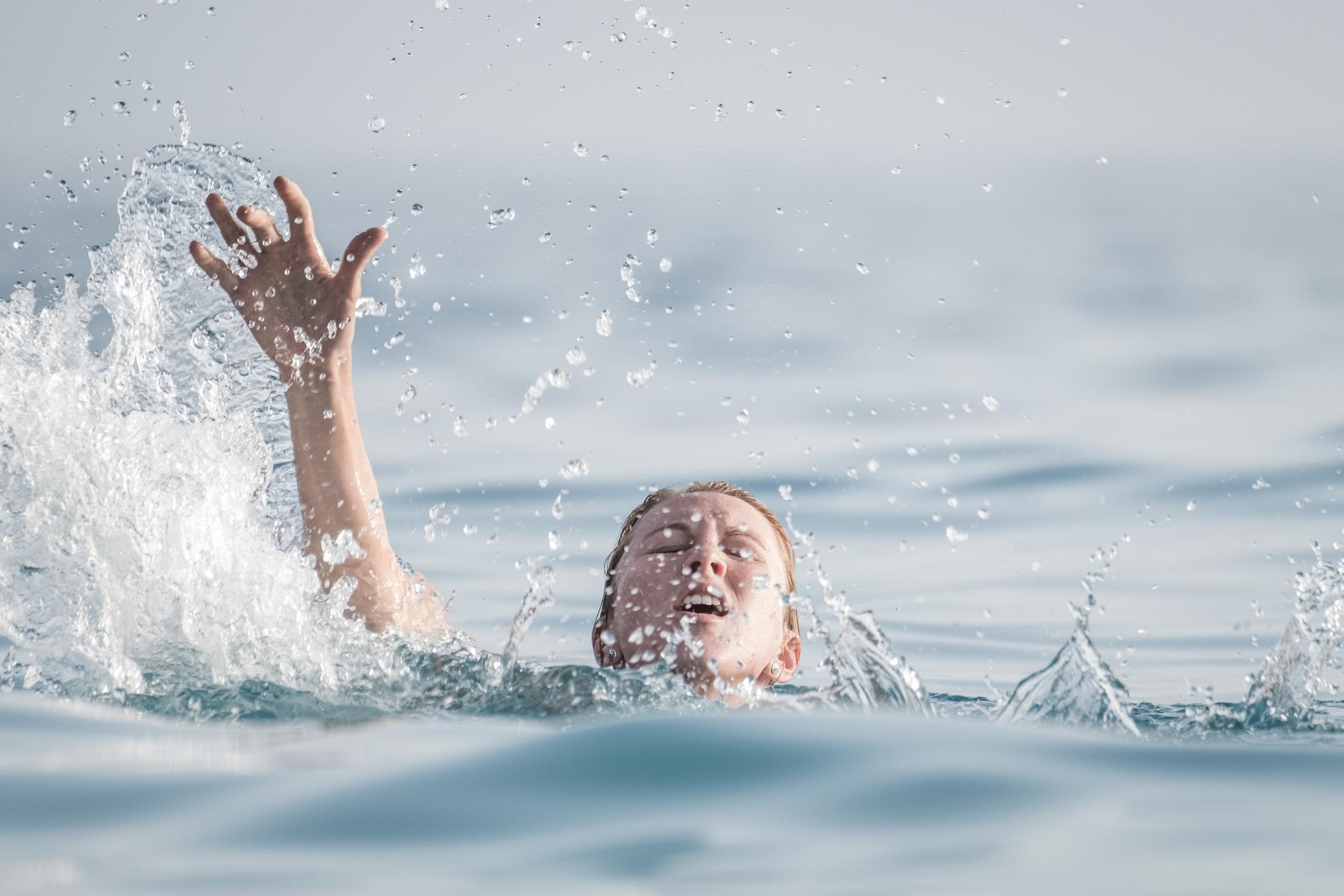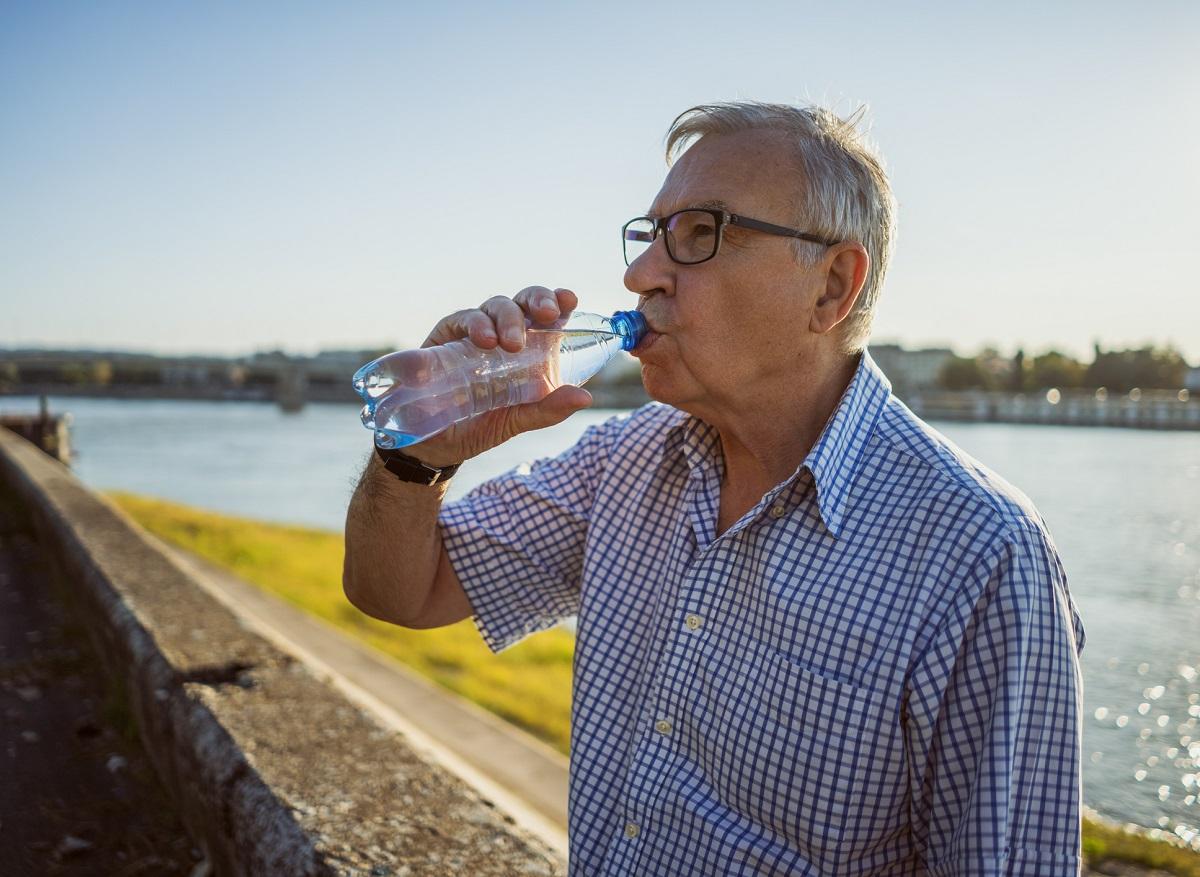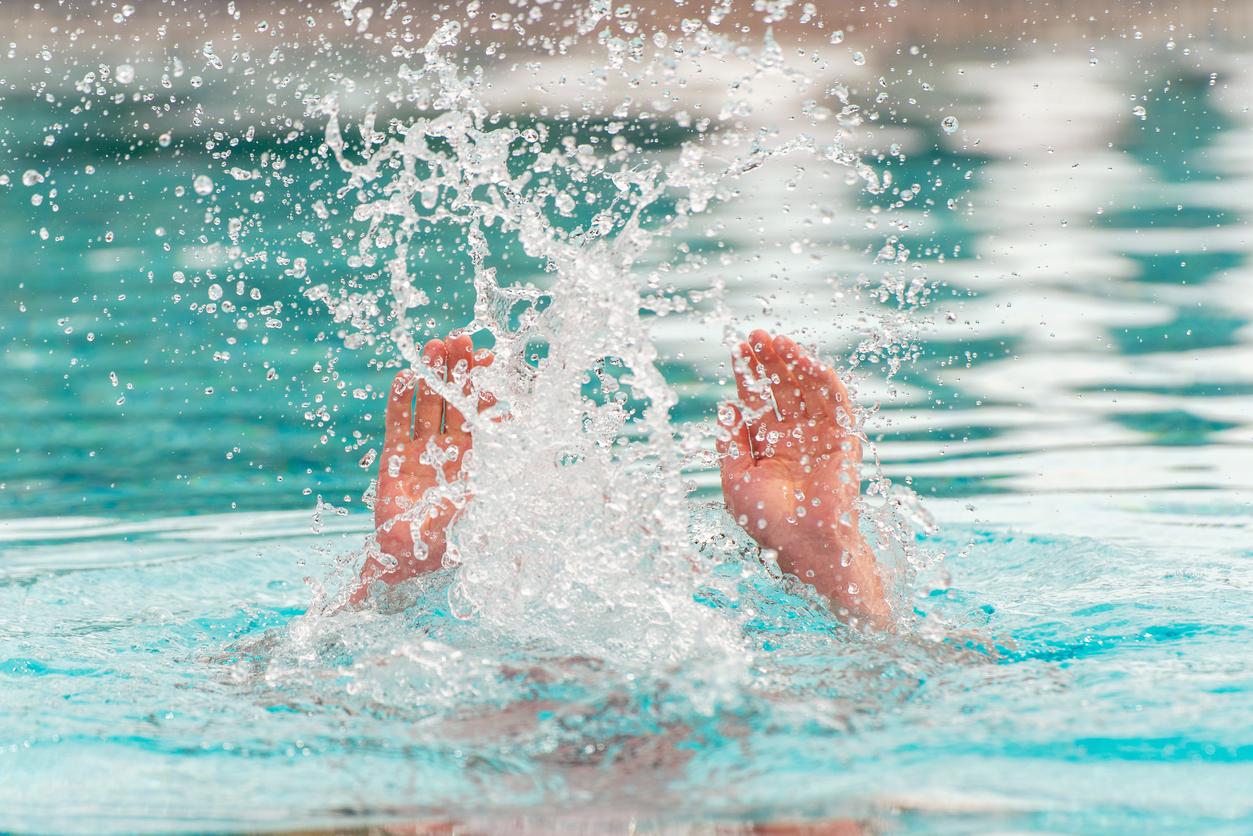At sea or in the swimming pool, summer is often synonymous with nautical activities. The health authorities therefore recall the reflexes to adopt so that the pleasure of swimming does not turn into a drama.

Every year, more than 1000 accidental drownings occur. According to‘NOYADES survey carried out in 2012, the Institute for Public Health Surveillance (InVS) identified 1,238 drownings very precisely, causing 497 deaths, including 28 among those under 6, 47 aged 6 to 19 and 145 among those over 65. In this context, the National Institute for Prevention and Education for Health (INPES) recalls its recommendations so that swimming remains a pleasant moment. Advice for the youngest, but not only …
Bathing children: keep your eyes on them
– Whatever the place of the nautical activity (sea, lake, swimming pool, etc.), a child must always be supervised by an adult who takes responsibility for it. A child can drown silently, in less than three minutes, in twenty centimeters of water.
– In order to reduce the risks associated with swimming, it is advisable to equip them with armbands (CE marking and standard NF 13138-1), and to teach them to swim as soon as possible: from 4-5 years old, depending on capacities of the child, for all from 6 years old.
Choose supervised swimming areas
– The Institute also advises to choose well the supervised bathing areas, where the intervention of the rescue teams is faster.
– Or, take your physical form into account: do not swim if you feel a physical disorder (fatigue, health problems, chills) and do not overestimate your swimming level, it is always more difficult to swim in a natural environment than in a swimming pool.
– In addition, an attentive bather is a safe bather: warn a loved one before swimming, respect the safety instructions indicated by the swimming flags, do not expose yourself to the sun for a long time and enter the water gradually, do not drink alcohol before swimming, train in the skills first aid …
Many French people cannot swim
Finally, the youngest are not the only ones exposed to the risks of swimming. Especially since a good number of French people, even in adulthood, cannot swim. Indeed, according to the latest figures from the 2010 Inpes Health Barometer, 54% of women and 27% of men aged 65 to 74 cannot swim. On average, all ages combined, one in five French people cannot swim: 28% of women and 14% of men). It is important to remember that we can learn to swim at any age, specifies the INPES.
.










